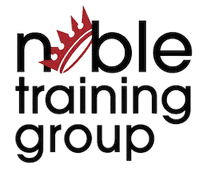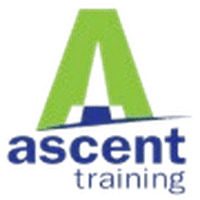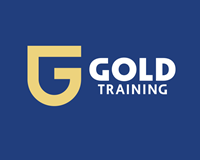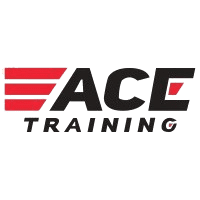
This role has a low level of AI exposure. Core skills such as adaptability, social intelligence, and complex physical tasks remain beyond the capabilities of current AI.
Explore all careersA Mining Machine Operator uses machinery to extract and transport materials, requiring technical skills, safety focus, and teamwork, often working away from home.
Get qualified to work as a Mining Machine Operator with a course recognised across Australia. Speak to a training provider to learn more.








In Australia, a full time Mining Machine Operator generally earns $1,750 per week ($91,000 annual salary) before tax. This is a median figure for full-time employees and should be considered a guide only. As you gain more experience you can expect a potentially higher salary than people who are new to the industry.
 Courses.com.au Team
Courses.com.au Team
The number of people working in this field has decreased in recent years. There are currently 32,300 people employed as a Mining Machine Operator in Australia, compared to 37,200 five years ago. Mining Machine Operators may find work in regions of Australia where mining takes place, often in regional, rural or remote areas.
Source: Australian Government Labour Market Insights
 Courses.com.au Team
Courses.com.au Team
A Certificate III in Surface Extraction Operations is an ideal qualification if you’re planning a career as a Mining Machine Operator. This course covers a range of topics including mining risk management, communication and safety essentials and following site procedures. A Certificate II in Surface Extraction Operations may also be suitable.
 Courses.com.au Team
Courses.com.au Team
Browse occupations related to Mining Machine Operator



If you're looking to kickstart your career in the mining industry, exploring Mining Machine Operator courses in Tasmania is a great place to begin. These courses are designed to equip you with the skills and knowledge necessary to operate heavy machinery safely and efficiently. With Tasmania's rich mining heritage, it's essential for aspiring operators to receive quality training from registered providers within the region. All listed training providers in Tasmania are either Registered Training Organisations (RTOs) or recognised by industry bodies, ensuring the highest standards in education and training.
The field of mining is closely linked to various areas of engineering and technical disciplines. An excellent foundation in engineering courses can enhance your prospects as a Mining Machine Operator. In Tasmania, there is a strong demand for skilled workers in this field, which makes completing a mining course not only a smart choice but also a significant step toward job security and career advancement. Moreover, those interested in the mining sector may also explore specialised mining courses to further their understanding of the industry and its operations.
Upon completing Mining Machine Operator courses in Tasmania, you'll find a range of exciting job roles available to you. Graduates often pursue positions such as Plant Operator (Plant Operator), Mechanical Fitter (Mechanical Fitter), and Electrical and Instrumentation Technician (E&I Technician). Each of these career paths offers unique opportunities and challenges, making the training you receive invaluable. The comprehensive skill set you gain not only prepares you for immediate employment but also equips you for future advancements within the industry.
In Tasmania, the mining sector is continually evolving, and with that comes the need for proficient operators and technicians. By investing in Mining Machine Operator courses in Tasmania, you position yourself as a desirable candidate in a competitive job market. The state’s various training providers offer practical, hands-on experience, which is crucial for mastering the demands of the job. Furthermore, students can pursue additional qualifications such as becoming an Apprentice Engineer or an Engineering Tradesperson, leading to a successful and rewarding career in the mining industry.